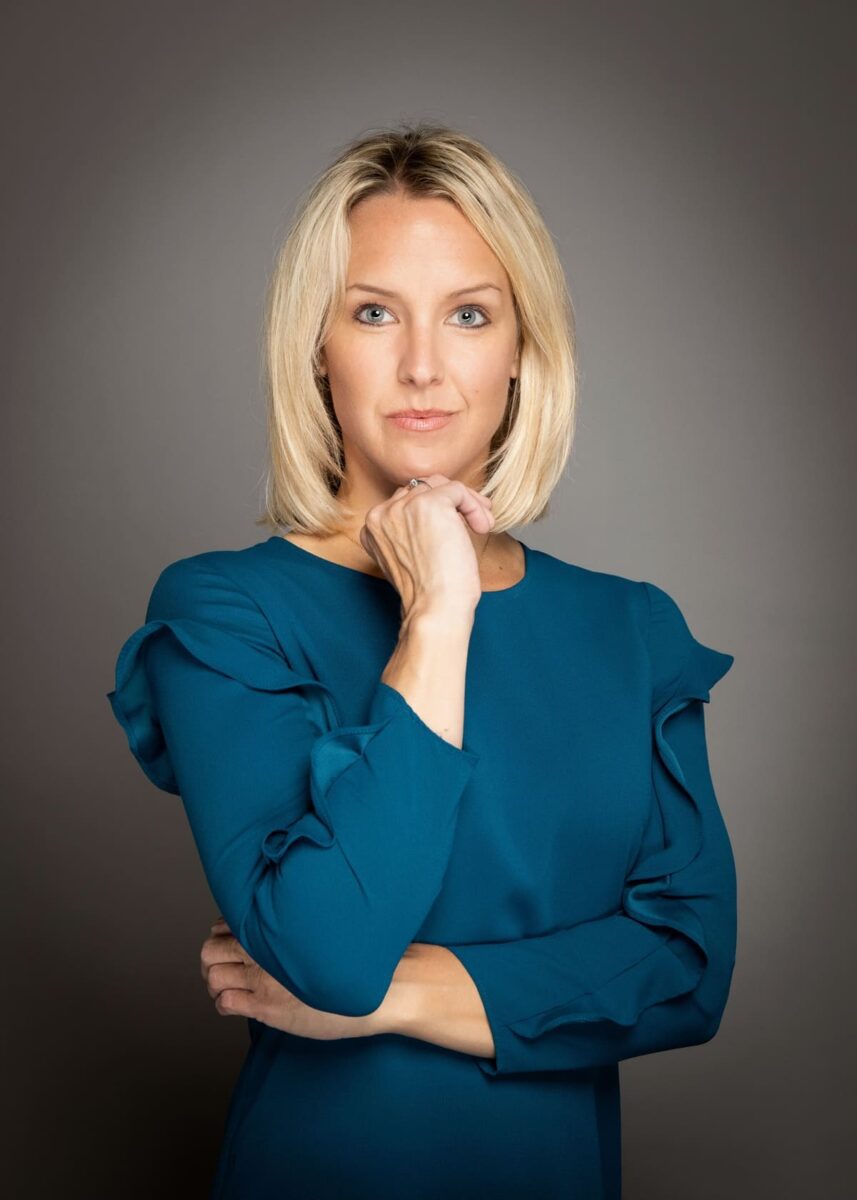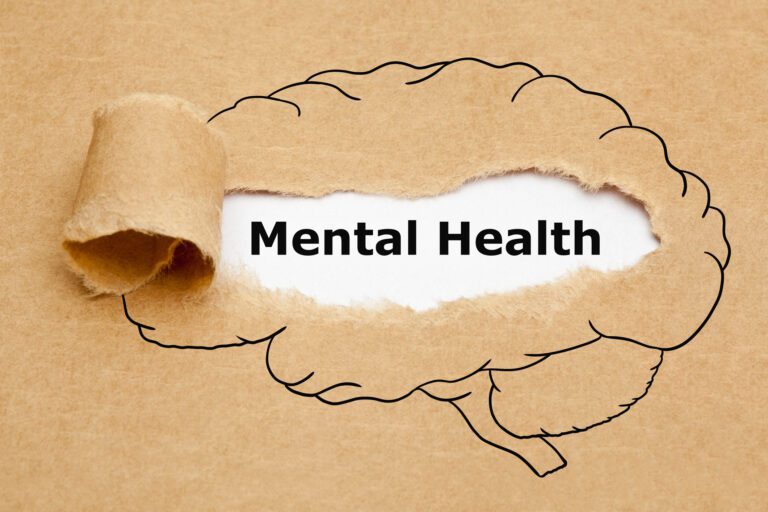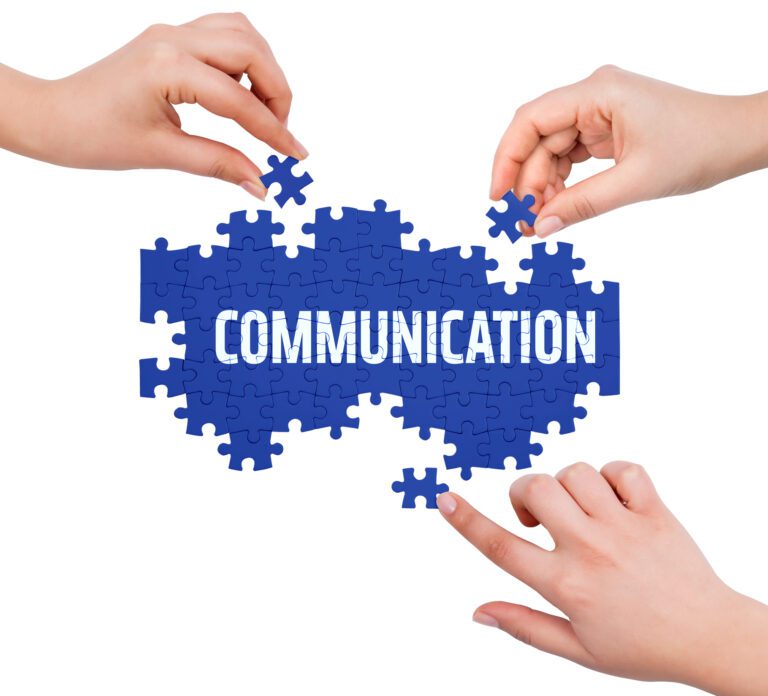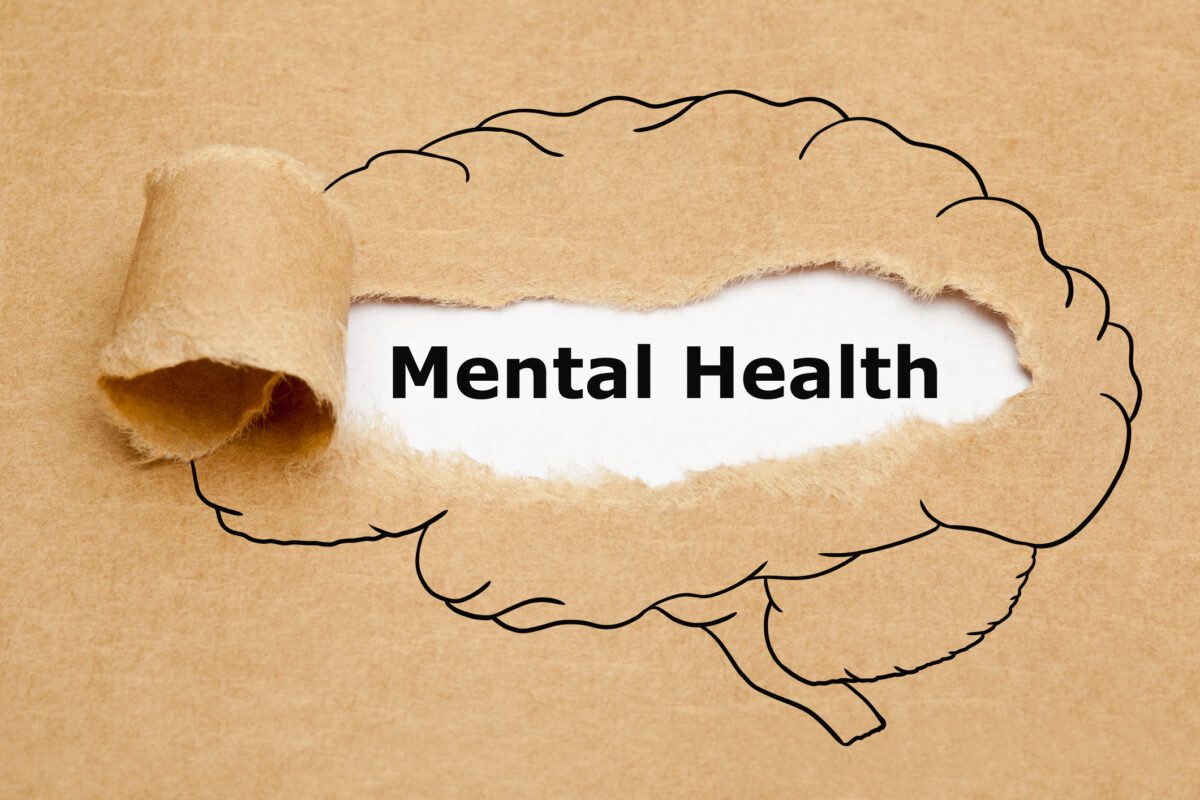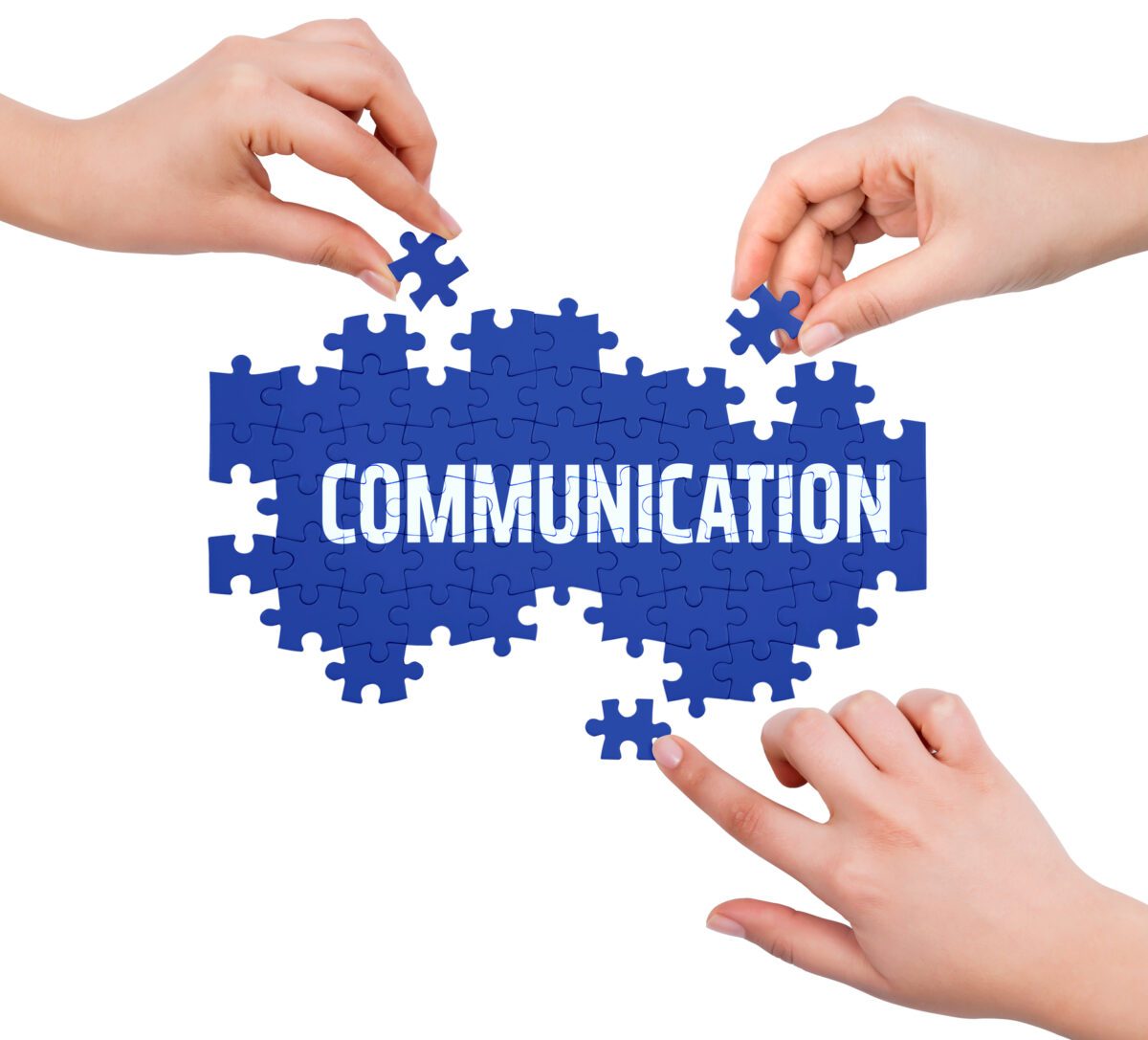I personally have experienced living with a active eating disorders and also experiencing recovery. At the age of 15, I was diagnosed with anorexia and bulimia.
I remember disclosing to my mom I was struggling with eating disorder behaviors and she mentioned to my pediatrician of my struggles. The lack of education and awareness was shocking as I look back. My pediatrician looked at my weight and said she was not concerned since I was not underweight.
Unfortunately, that was just one of the many catalysts that set my eating disorder on fire. Today, I know that there is no specific “look” for an individual with an eating disorder. Studies show that only 6 % of individuals diagnosed with an eating disorder are actually classified as “underweight.”
Research also shows today that African American are 50% more likely than white teenagers to exhibit bulimic behaviors. There is also an increasing trend in Binge Eating Disorder (BED) in hispanic and African American groups. Men are a 1:3 risk of developing an eating disorder. Both people of color and males are less likely to seek treatment due to the stigma even today.
Decades ago, stereotypes ruled. Movies, books, and even treatment professionals depicted that eating disorders only affected white, heterosexual, upper middle class girls and young women.
Some types of eating disorders are more common in women and girls than in men and boys. However, eating disorders affect people of all gender. Transgender, non-binary, and gender diverse youth report higher rates of eating disorder symptoms than cisgender youth.
Men, boys and gender diverse individuals may experience more barriers to accessing support for eating disorders, and may be less likely to be diagnosed with an eating disorder. It may be hard for people who are experiencing eating disorder symptoms to talk about their behavior.
There seems to always be a stigma about eating disorders. Sometimes people worry about what others will think about them and they may be worried about false stereotypes that exist about eating disorders. These fears may make it harder for people to get the help they need. It’s important today, as we celebrate Eating Disorders Awareness Week, that we are reminded that anyone can struggle with an eating disorder.


